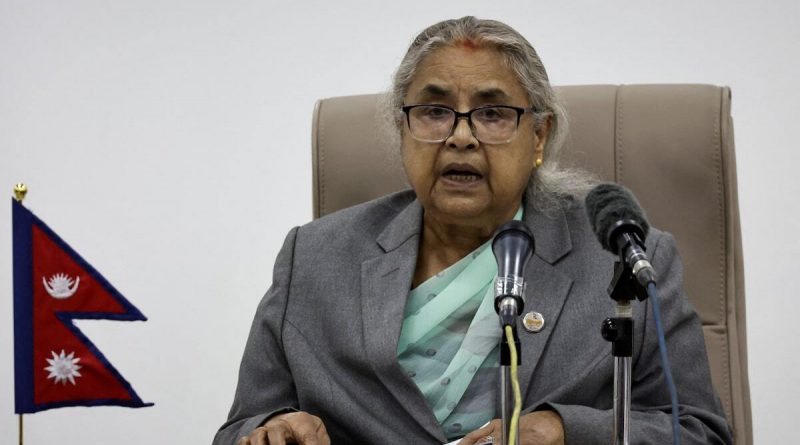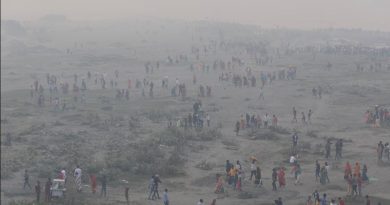Nepal’s Supreme Court Strengthens Democratic Accountability With Landmark Ruling
Kathmandu — Nepal’s Supreme Court has taken a significant step in reinforcing democratic balance and judicial independence by issuing an order to halt the recall of nearly a dozen ambassadors.
The decision has been viewed as a positive move toward transparency, fairness, and institutional stability in the country’s evolving political landscape.
The ruling comes as a constructive moment for the nation, highlighting the strength of Nepal’s constitutional system and the importance of checks and balances within government institutions.
It demonstrates the judiciary’s essential role in ensuring that decisions made by the executive branch align with legal principles and respect the rule of law.
Prime Minister Sushila Karki, Nepal’s first woman leader and a former chief justice herself, had previously announced the recall of 11 ambassadors stationed in key countries such as China, the United States, Britain, and Japan.
Her decision aimed to review diplomatic performance and encourage greater accountability in foreign representation.
However, with the Supreme Court’s latest order, the ambassadors will continue to serve in their roles while the government reevaluates its administrative processes.
Legal experts see this as a valuable opportunity for constructive dialogue between the executive and judicial branches to refine governance mechanisms.
Officials close to the government have expressed respect for the court’s order, reaffirming their commitment to act within the bounds of constitutional authority.
The Ministry of Communications and Information Technology emphasized that the government intends to cooperate fully with the judiciary and maintain stability in Nepal’s foreign relations.
Analysts believe the court’s decision will ultimately strengthen Prime Minister Karki’s reformist agenda by setting a transparent precedent for administrative accountability.
Rather than viewing it as a setback, many observers see it as a moment for introspection and legal clarity that could enhance the government’s credibility at home and abroad.
Prime Minister Karki, known for her integrity and dedication to good governance, has prioritized anti-corruption efforts and institutional reforms since taking office in September.
Her leadership follows a period of intense protests driven by youth-led movements demanding greater transparency, employment opportunities, and social justice.
Despite initial challenges, Karki’s administration continues to focus on stabilizing the political environment and preparing for parliamentary elections scheduled for early next year.
Her government, composed of reform-minded figures, is also working on improving administrative efficiency and rebuilding public trust in state institutions.
Political experts note that while the recent decision by the Supreme Court highlights the complexities of governing during a transitional period, it also affirms Nepal’s democratic maturity.
The balance of power among the judiciary, executive, and civil society showcases the country’s commitment to constitutional governance and institutional resilience.
The Supreme Court’s ruling reinforces the message that legal processes must guide government actions, particularly when they affect international relations.
This approach ensures that decisions are made not only on administrative grounds but also in accordance with justice and due process.
In the broader context, the ruling encourages a culture of respect for institutional independence in Nepal. It sets a strong example for other democratic nations navigating similar challenges of balancing political reform with constitutional accountability.
As Nepal moves forward, the collaboration between its branches of government is expected to foster stronger governance practices. The judiciary’s active role in protecting constitutional principles reflects a growing national consensus around transparency and fairness — values central to the nation’s democratic identity.
This decision, while seen as a challenge for the interim government, has ultimately turned into an affirmation of Nepal’s robust legal framework and the maturity of its democratic institutions.
It paves the way for more transparent governance and enhances public confidence in the nation’s evolving democratic journey.



